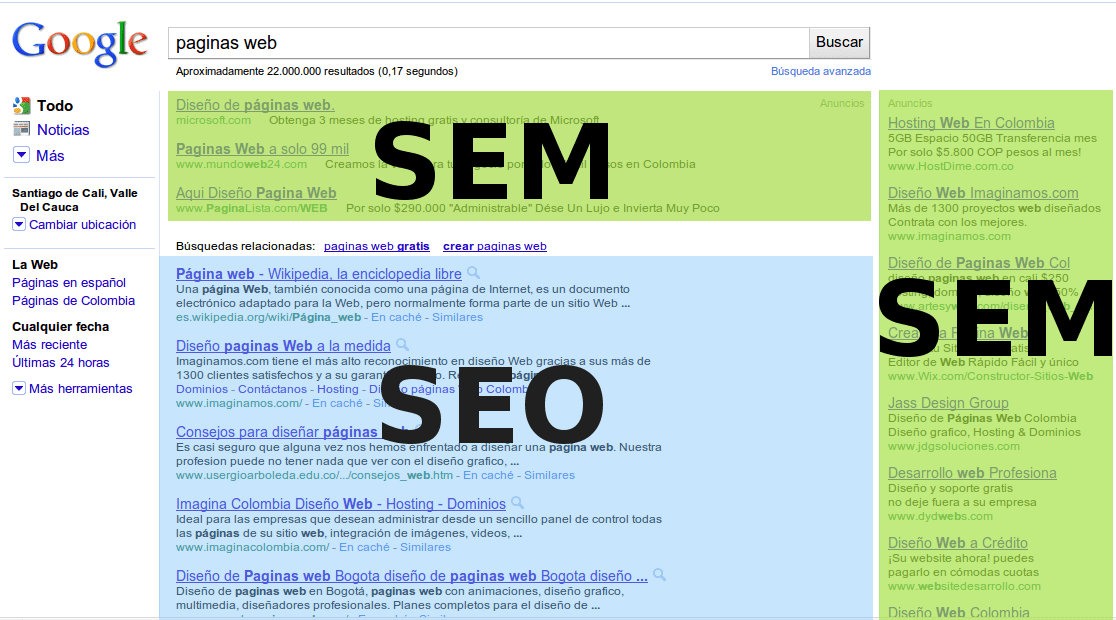
Creating original content for the internet is no walk in the park. It’s a profession by itself, and it helped put content writing on the map in the last decade. Search engine optimization really made more people rely on the Internet to make a living – and a decent one at that. If you happen to be a content writer looking to improve your articles so that it will become more SEO-friendly, here are five ways to do that effortlessly:
Mind your article’s character and word count
Content writing is all about being attractive to Google’s algorithm alongside putting original content out there. Always remember that there should be no article shorter than 300 words. Doing so will certainly make you unattractive to the search engine’s crawlers, and it will automatically assign that particular article as a blurb.
Always be on the lookout for the right character and word count in your articles. In doing so, you will be sure that your article won’t be for naught. If you’re writing for a specific client, you may want to get a separate character counter with spaces to be more precise. Most blog posts nowadays are 600-800 words long, so stay on that range to be safe.
Always write original content
When Google said that content is king, it meant that original content will automatically make any website more likable to Google’s crawlers. With search engine optimization, you’ll always be asked by experts to write content that’s unique, niche-based, and specific. For most of these topics, you’ll need to research, so take your time to read up on it and don’t copy-paste, then reword.
Never crowd your article with links
Every good SEO-friendly article has links inside it. Links are important because it references the facts, data, and information written in the article. The more quality the links are – meaning that the site you were linking to have great domain ratings – the better performing the article will be.
But an amateur mistake that most content writers commit when linking their articles is having too many of it in a single write-up. The standard is two or three links for an 800-word article. If it’s shorter than that, then two should suffice. Choose words in the original content that is relevant to the outside link to increase efficiency. If you want to read more about this, Matt Diggity has explained it well here.
Use short paragraphs
Never ever write like you are writing an autobiography. Always divide your paragraphs into short ones. This way, readers will be more enticed to finish the entire article. Stick to four to five lines in every paragraph. Longer than that and you’ll need to edit and reassess how to present your article.
Short paragraphs also are easier on the eyes of readers. The endgame for any web article is for it to be read and digested by users. Attention spans in the last few years have been shortened because of the many distractions the Internet provides, so the more you make your article readable, the better SEO it will get.
Keywords are your friend
No web content will be complete with keywords. Keywords are a set of words or phrases that need to be in the article so that users will easily find it when searching on search engines. Always check to make sure that your article has a 1-3% keyword in it. Researching the right keywords is also key to being more successful at making your content SEO-friendly.
The takeaway to Create SEO-Friendly Content
Content writers must continually make the most out of their resources and always be on the lookout for new changes in Google’s crawlers. A tried and tested way to go about things is never copy any paragraph from your sources. If it’s not original content you are writing, chances are it won’t ultimately help in the bigger SEO effort.

2 Trackbacks / Pingbacks